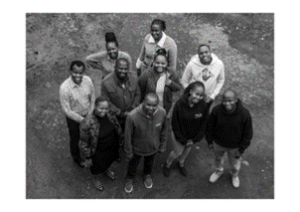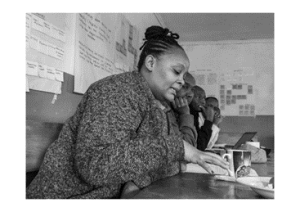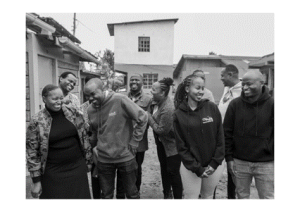Case management is a very important pillar of child protection, especially for children living in Charitable Children’s Institutions (CCIs). Through comprehensive case conferencing, children’s welfare is evaluated keenly, ensuring each child receives the best care and the opportunity to grow in a family-based setting whenever possible.


The Importance of Case Management and Case Conferencing
The case conferences that are held in different Children’s homes are structured forums where every child’s story is examined in detail. The social workers, caregivers, child protection officers and partner organizations gather for a discussion on the well-being and progress of each child under care. This includes evaluating their physical health, emotional and mental development, academic performance and their social environment.
The process begins with a review of the child’s background which entails getting to understand the reasons for the admission to the CCI, the state of their family (if known) and whether family members are involved or willing to take responsibility of the child. If reunification with the family of origin is not feasible, the team looks into the barriers preventing it and discusses other alternative care options that can be pursued in the child’s best interest.
The aim of case conferences is always to determine the most suitable, long-term care arrangement. Alternative family-based care options such as kinship care, foster care, adoption, guardianship or supported independent living are considered based on what is in the best interest of the child. Siblings are not separated during placement recommendations.
These sessions also provide an opportunity to assess the quality and safety of the CCI itself ensuring it is well-managed, conducive to child development and operating within legal frameworks. Documentation is verified to confirm that each child is legally placed in the institution and that necessary case records are maintained.

The Role of Partnerships in Case Conferencing
Effective case management requires strong collaboration among key stakeholders. The Directorate of Children Services (DCS), Child in Family Focus (CFFK), Weza Care Solutions and the Children’s Homes all play key roles in this process.
The Directorate of Children’s Services and all partners involved recognize the important role children’s homes (CCI’s) have played, and continue to play in intervening for Orphaned and Vulnerable Children. The Child in Family Focus (CFFK) team works hand in hand with the CCIs to support family tracing, prepare children for reunification aimed at reintegration, and the shift towards delivering family and community-based care solutions for children.
The Weza Care Solutions Team brings specialized expertise on institution level transition aimed at repurposing from residential care facilities to Child Welfare Programs (CWP’s) that emphasize family strengthening, prevention and other family and community initiatives. They support CCIs with data-driven assessments, transition planning and innovative solutions to address the child separation crisis.
The Directorate of Children Services (DCS), mandated by the Children Act, 2022, are always present in the case conferences as they lead the national child protection agenda. DCS facilitates rescue, placement and follow-up care while also supervising CCIs and coordinating care reform efforts. It ensures children’s rights and welfare are upheld and leads the case conferences. Recommendations are made for each child’s case and key actions to be pursued agreed upon.
Together, these partnerships provide a strong foundation for effective, child-centered decision-making during the case conferences.

Significance for Case management for Children in Care
Case management helps ensure that no child is forgotten in the system. It brings structure, transparency and accountability to the care process. Every child is given an individualized plan that recognizes their unique background experience and needs. The ultimate goal is permanency, either through safe family reunification or another family-based care option.
This system also ensures that the child’s development is regularly monitored and any challenges whether academic, emotional, or health-related are identified and addressed early. The case conferences help bridge the gap between institutional care and a nurturing family environment.



Conclusion
In conclusion, case conferencing remains a critical tool in advancing Kenya’s care reform agenda. It represents a collective commitment to ensuring that every child has a chance to grow in a safe, loving and permanent family environment.
As the government, civil society and community stakeholders continue to work together, case management will remain central in transforming institutional care into family-based solutions. With children at the heart of every decision, we can build a child protection system that is responsive, objective and full of hope for every child at the children homes.
